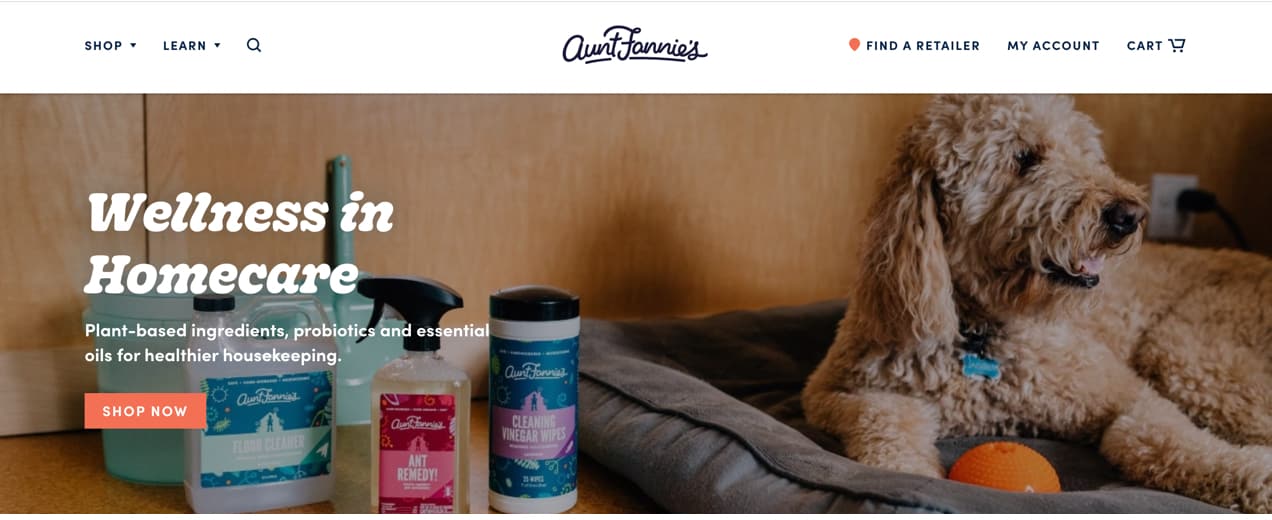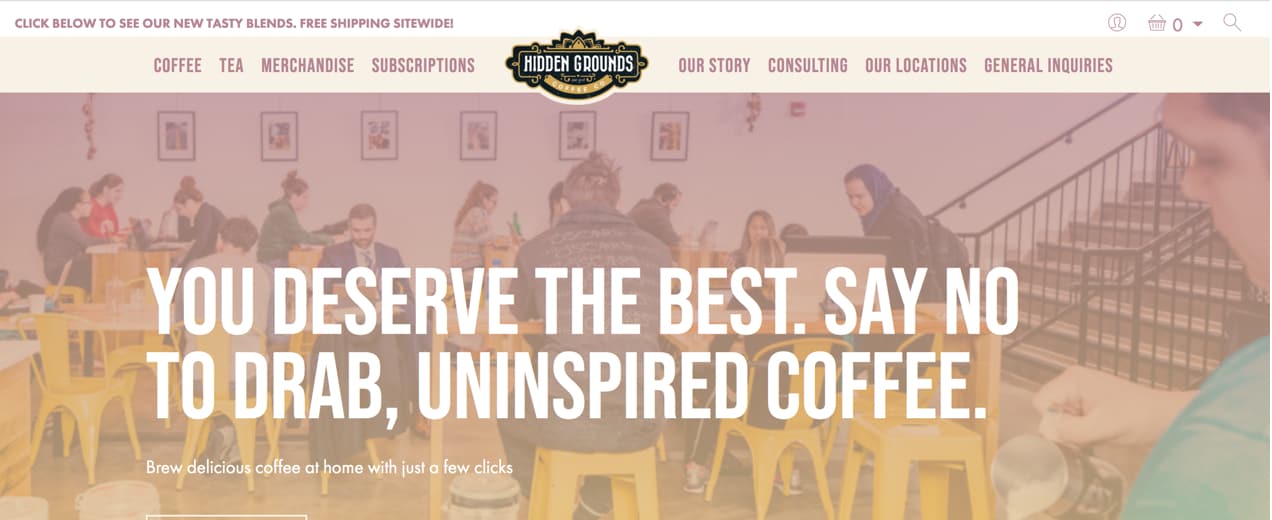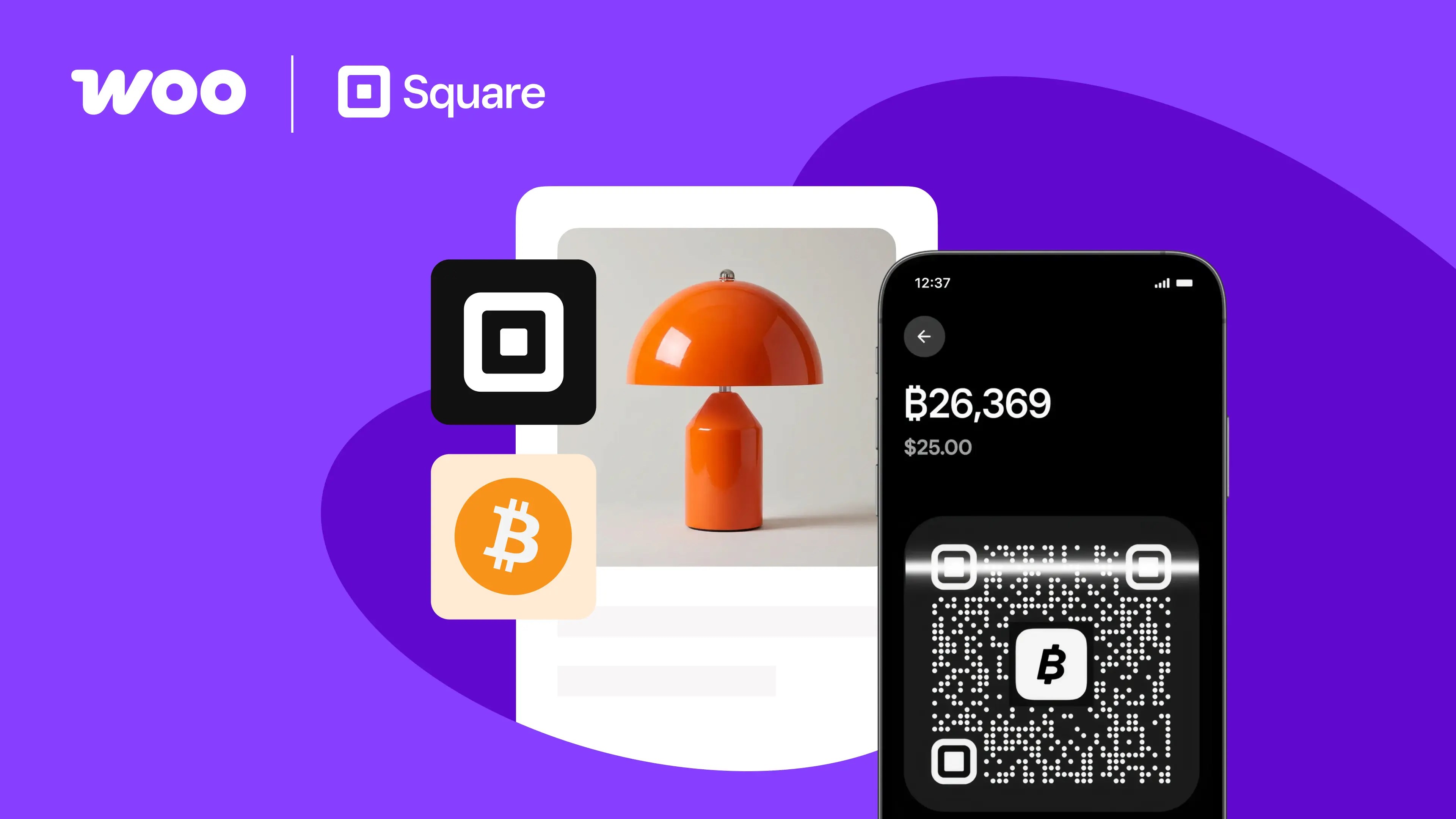Business owners and entrepreneurs sometimes get misled by the idea — and the fear — that people will only buy from them if they offer low prices. But price isn’t usually the main reason people buy a product or service.
If that were true, then the lowest priced house brands in grocery stores would constantly outsell the name brands. Nearly everyone would buy coffee in the can instead of from their local specialty shop where it costs ten times as much. People would always drive rather than fly. And no one would eat in restaurants, ever, because it costs much less to cook at home.
When you think about it, you realize there are many reasons that consumers buy products and services besides price.
These reasons should play a great role in the language you use when marketing your products.
There will always be a business willing to charge less than you. Don’t get caught up in the race to the bottom that you can never win. All that does is eat away your profit margins.
Let’s look at ten reasons people purchase products that you can use to overcome price resistance.
1. They’re high quality
↑ Back to topMost people would prefer to pay a little more for something that will last.
You can buy paint brushes at hardware stores for just a couple of dollars. But the bristles start falling out during the first use, and they don’t paint as smoothly or as easily, especially up against edges and corners. They’re basically single-use brushes, and the work will be harder for that one use.
Or, you can buy brushes for ten times more at paint stores. But you can re-use them dozens of times and they work beautifully even in hard to reach places. The quality is worth the higher price.

Emphasize the quality of your product, and customers will happily pay a higher price for it.
2. They meet a need
↑ Back to topNeeds go beyond food and water. Health products, home repair products, clothing — we need a lot of things. And do we want the product that costs the least, or the one that most effectively meets the need?
Like water. Most places in the U.S. have drinkable tap water. It’s basically free to drink. If people bought by price alone, almost no one would buy bottled water. Yet, it’s a massive industry.
Your job is to focus on the need your product meets, the problem it solves, the solution it provides, and how much better, easier, stronger, faster, happier, and simpler it will make people’s lives once their need has been met. Customers will pay more for that.
3. They’re an investment
↑ Back to topFor B2B products and services especially, many buyers make purchases because a product is an investment. Online courses fit this category. Hardly anyone needs to take an online course. But there’s value in the knowledge that they’ll gain and, for some, that’s worth paying for. This is why people pay to attend conferences and read books related to their industry.
People can also make investments in their health. They can make investments in their home. They can make investments in their future. Not every investment is financial.
If you sell something that could be seen as an investment to a buyer, use that in your marketing language.
4. They contribute to a person’s identity
↑ Back to topPeople buy products that express something about their identity. This could be based on their culture, language, religion, or gender. It could be based on a club or group they belong to. It could arise from a business or business group they’re a part of.
Identity is powerful. This is the ‘community’ language you see sometimes in marketing. Getting people in your community just means that you’ve made your business and its products part of the identity of your customers. Once you achieve that, price becomes a much less important factor when people buy from you.
5. They align with people’s values
↑ Back to topValues are distinct from identity, but the power behind them is similar. Values arise from our beliefs and passions — how we see the world and how we want to engage with it and make it better.

A common value showing up in marketing these days is environmental sustainability. Not everyone cares about that, but a lot of people do, and they look for companies and products that align with their values on this issue.
6. They’re convenient
↑ Back to topConvenience is one of the most powerful reasons why people buy products and services.
Life is frustrating. So much time gets wasted. So many things take much longer to deal with than we want. Any product or service that can save us time and frustration warrants serious consideration. And if it can deliver in a big way, it’s worth paying for, and the price isn’t going to deter us.
This is probably the number one benefit offered by most software products and services — “look at all the time you’ll save!”
Convenience, and sometimes need, is also why people will pay more for rush shipping.
It’s worth noting here that smart marketers will look for ways to activate multiple buyer motivations for the same product. For example, buying for quality is also more convenient, because it means someone won’t have to waste time repairing or replacing the product they just bought. If it also meets a need and aligns with their values, that’s a huge win for the buyer. Price will be practically a non-factor.
7. They impact someone’s social dynamics
↑ Back to topAnother reason why consumers buy is because of how your product will make them look to others. Related to this is the fear of missing out — FOMO. Everyone else has this widget, so I need it too.
But social status goes beyond mere fear. Someone might buy a car because of the statement they think it makes. People buy clothes that make them stand out, or that communicate a message they like. So social status can align with identity and values, too.
Lots of people eat food and then talk about it on social media. Why? Because they want people to know the great meal they just bought, so they’ll wish they could eat it too. How many people who take pictures of their food also talk about the price? Hardly any.
8. They’re for kids
↑ Back to topThis doesn’t just apply to parents. It applies to grandparents, uncles, family friends, friends coming to their birthday parties, even coworkers.
What motivates people when buying for kids? Price might matter. But what matters more is what role the gift will play in the kid’s life. Three top motivations for buying for kids are:
- Education
- Experience
- Enjoyment
For educational toys and experiences, you’re developing a child’s brain, making them smarter, and improving their thinking and reasoning skills. You’re shaping that child’s future with a game, book, puzzle, or ticket to the science museum.
People buy experiences for kids because they want to give them lifelong memories. They want the child to expand their horizons, taste new foods, see new places, try new things, take new risks, or get better at using their hands. They want the kid to remember and to associate that memory with them — because they gave the gift.
And people buy stuff that kids will enjoy. Seeing the child happy and joyful at receiving the gift is a great experience, even if the buyer ended up spending ten dollars more than they ‘budgeted.’
9. They improve security or privacy
↑ Back to topWould you be more likely to buy a $20 lock for your door, or a $50 lock? You can’t say, “Well, all things being equal, I’d take the $20 lock.” You can’t say that because all things are not equal. That’s why the second one costs more. It probably has stronger metals, more durable parts, more complicated locking mechanisms that are harder to pick, and other benefits. It might also just look better — there’s the social status element.
A good door lock appeals to quality, investment (look at what it protects), security, values, and social status. And on top of all that, it meets a need.
Some products come with GPS tags. That can be a positive security motivator because the person wearing it can be found if they get lost. You see these in outdoor apparel and kids’ backpacks. But that can also be a negative motivator from a privacy standpoint — not everyone wants to be trackable wherever they go.
Privacy and security sometimes align, and other times oppose each other. You can have products that appeal to either of these, and sometimes both at once.
And this applies to services, too. A promise not to share information on an email signup form, for example, is an appeal to people’s desire for privacy and security.
10. They’re something people desire
↑ Back to topThere’s an old kids’ book, Alexander, Who Used to Be Rich Last Sunday, where a little boy spends and loses all the money given to him by a relative. At one point, he visits a garage sale, and says:
“I looked at a half-melted candle. I needed that candle. I looked at a bear with one eye. I needed that bear. I looked at a deck of cards that was perfect except no seven of clubs and no two of diamonds. I didn’t need that seven or that two.”
Of course, he needed none of these items. But he sure wanted them, and he gave up most of his remaining money to get them.
People will buy things for no other reason than that they want them. If you sell products that fall into this category, don’t be shy about it. Not every product has to meet a need, have some lofty purpose, or express some cultural ideal that goes back hundreds of years.
Sometimes, you just want an ice cream bar.

So don’t be so quick to discount.
If people want your product, and if you can make it appeal to one, two, or several of the buyer motivations on this list, you won’t need to discount your prices.
When you know your audience, and understand what’s motivating them to buy your products, you market to them based on that, and you make price just a formality.
How to utilize buyer motivations in your marketing
↑ Back to topYour headlines, subheadings, offers, and calls to action must be written with buyer motivations in mind. Do everything possible to leverage the reasons why people buy so those emotions and motivations are on your customers’ minds when they’re deciding what to buy.
Price will be a factor. But it shouldn’t be the first thing they think about. If all your headlines are screaming about 20% discounts and “we’ll beat the price of any competitor,” you’re announcing yourself as a business that has nothing else to offer besides low prices.
What you sell has value. You’ve worked hard to build a store and create a brand experience. So don’t get caught up in a price competition. Focus on the benefits you offer and the motivations of your customer. It takes a bit more strategy, but will be worth the effort as you keep strong margins and continue to grow something you’re truly proud of.
About





